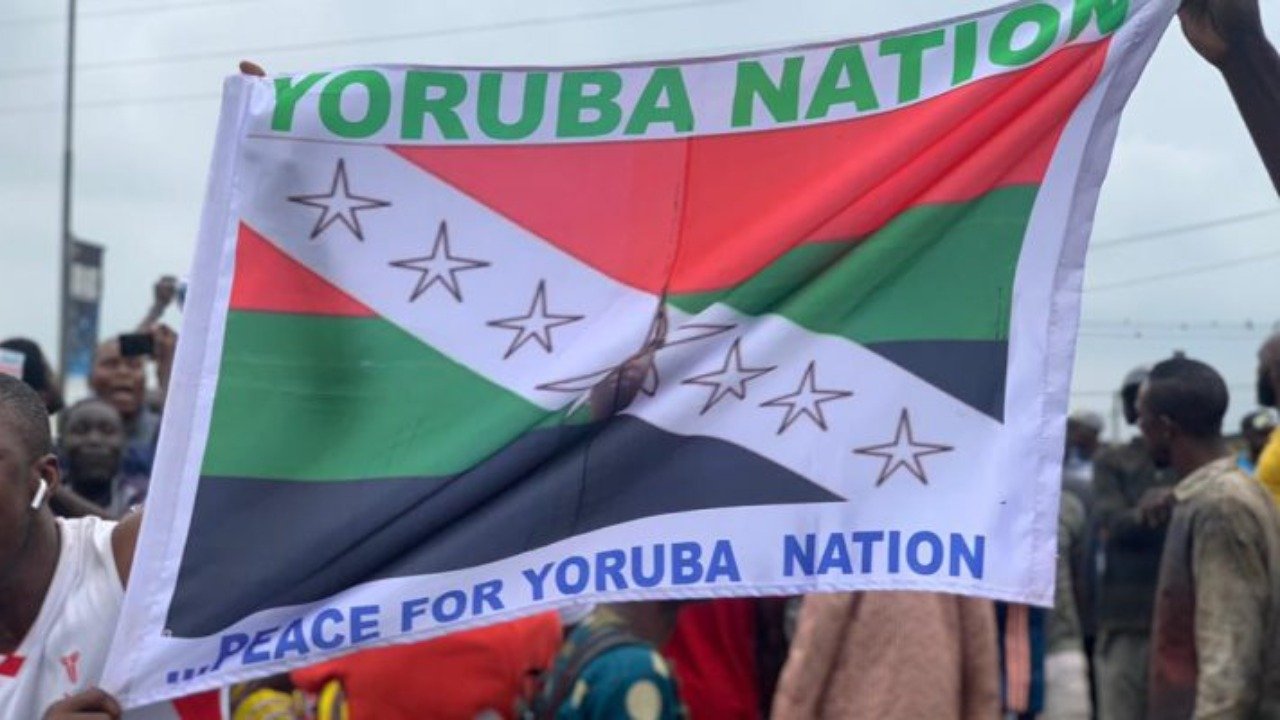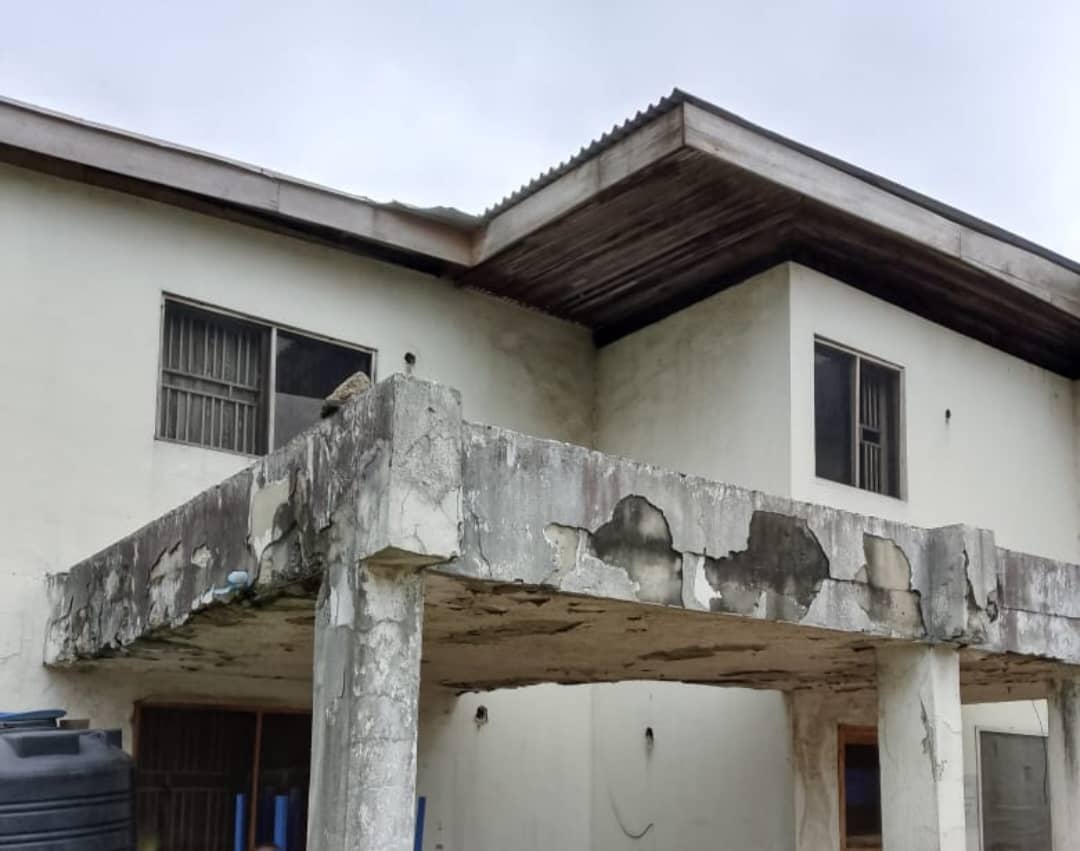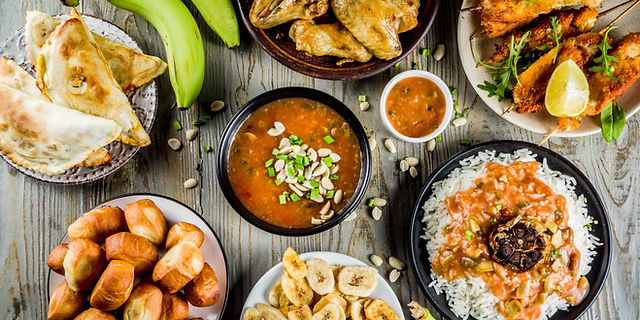By Michael Effiong
In the last few days, I have been inundated by a barrage of questions “Why is your Governor investing in Lagos? What is the rationale behind a project like this in Lagos State instead of Akwa Ibom where it will create jobs and empower the local contractors? Why now when people are hungry? It has been questions galore all referring to the decision of the Akwa Ibom State Governor, Pastor Umo Eno to develop a real estate facility in Lagos dubbed “Ibom Towers”
As a trained journalist of over 30 years, I know that today’s media space is filled with misinformation, disinformation and outright lies which are then elevated to trending public discourse by various people for motives that are often not altruistic.
Even a group of Akwa Ibom indigenes decided to host an X (Twitter) Space on the issue. I was on that platform for over two and half hours but it was obvious that none of the speakers had taken time to conduct any research on the said project.
That was when I became very alarmed because the basic foundation for contributing to any intellectual discourse is research, I could not believe that the speakers could not just investigate the matter properly, have a full grasp of the issues before coming to the public forum to not only express their anger against the project but were even contemplating street protest!. They more or less confirmed what I used to consider a myth, that we hardly read as black people.
Anyway, I did not take the hullabaloo seriously until a very well respected senior colleague of mine called in the dead of the night. I was in a state of panic when I picked the call, thinking something major has happened to him or his close ones until he brought up the issue of the Ibom Towers.
I could not believe my ears, I begged for a few seconds to change my position and then went on to lay out the facts of this matter.
I explained that the project was not a bolt from the blue. In fact ,on May 29, 2024 when the Governor delivered his first anniversary speech, he gave a hint about the project.

According to the Governor while laying out his plans for the next 365 days “Government will be active in the commercial property market in both Lagos and Abuja respectively by converting our existing strategic facilities in those cities into commercial use for the benefit of our people. These planned investments in infrastructure will bring huge returns to our State and signpost our determination to play big in the thriving real estate business in those two major cities”
His next words where “You mean he had mentioned his plans in his speech?
I replied “Yes sir, I am quoting the speech verbatim? He then said ‘Even at that, why would your governor leave your state and go all the way to Lagos to buy land and build an 18-storey Towers?
I replied, “ Sir, I hope you are not sleepy because it is a long a story? He responded “You know how I dey carry Akwa Ibom matter for head, give me the full story, I am all ears”.
I then began my defence “ In the first place, the Governor has not come to Lagos to buy any land. The truth is that the 18- storey development dubbed “Ibom Towers” is a child of necessity and an intentional investment. We have a landed property in a very prime location, Victoria Island to be exact. That property used to be our Governor’s Lodge, it is now referred to as the Old Governor’s Lodge. It is a dilapidated structure that has not yielded any single kobo to the state.

“I am not a real estate expert, but as a layman, I would say that the Governor had four options. First, leave the property in its current state and just keep it in the books as a thing of pride, second, outright sale of the property, third, put the property up for lease and fourth, develop the property.
‘The Governor decided to be audacious, instead of doing the ordinary, he chose the tougher but more rewarding fourth option with the decision to add value to that landed property and develop it into a picturesque facility called “Ibom Towers”, this option would ensure that the state still retains the property as well as guarantee return on investment and the funds would be ploughed into critical infrastructure back home in Akwa Ibom in furtherance of his ARISE Agenda.
“Now this Ibom Tower is a development that will feature 30 meticulously designed apartments: Spacious one bedroom units, elegant two-bedroom units and lavish three bedroom units. That is not all, there will be an opulent 4-bedroom duplex penthouse that would have breathtaking views of the Lagos skyline.”
“The contractors handling this development have been given a very strict timeline because the Governor wants to make returns on this investment in good time. I have asked those opposing this development their best option for the use of that prime property. They all usually side step the issue and come up with extraneous matters. But I would not ask you the same sir.
I then continued “Interestingly, the Ibom Towers is part of the Governor’s overall Housing plan that covers all segments of the property market: Low, middle and high income earners.
“For example, a few weeks ago in Uyo, the Governor laid the foundation of the Ewet Luxury Gardens Estate. It is a high-end, commercial residential estate development. It will consist 32 units of 5-bedroom ensuite fully detached duplexes, 3 living rooms, 3 maid quarters, study/living room, fully fitted kitchen, laundry room and green area. It will be a gated estate with such shared facilities as tennis court, gym, swimming pool facilities etc.
“It was at that Ewet Luxury Estate ground breaking that the Governor spoke about the Ibom Towers. That Estate like the one in Lagos is aimed at making money for the state. The same template has been adopted for the Dakkada Luxury Estate that was begun by the last administration. So while he is thinking about making use of the property in Lagos, he is also doing the same at home.
“I must add sir that the Governor has not been oblivious to the need for affordable housing and even shelter for the poorest of the poor.
“The administration in its first year completed the 236-Units Grace Estate and the Governor has approved that 264 more units be constructed. He has also approved that 160 units in the Estate should be exclusively allocated to civil servants from Grade levels 1-8. The allocation will be via a draw which can be entered only once with N50,000. The houses will be given out free of charge.
“Then of course, the Governor has been making waves with his ARISE Compassionate Homes Initiative. This is a unique programme where rural dwellers with very terrible abode are given brand new 2-bedroom fully furnished homes complete with external kitchen, 24-hour solar power and water system free of charge. 200 units of the homes are currently being built. Some have already been completed and handed over to very elated beneficiaries. His target is to deliver 400 Units before the end of his first term
My colleague shouted “Really. That is so impressive ?” Knowing full well that I have caught his attention, I quickly added “ The Governor has done a lot in rural development, healthcare, entrepreneurship…
He cut me off immediately “That is okay, that is okay do not bother, so what is all the fuss about?
My response was “Sir, we would keep educating them to make them see reason but as you know one cannot always please the world”. I then reminded him of Evangelist Ebenezer Obey’s famous song “The Horse, The Man and His Son popularly known as Ketekete
“You are so right, you cannot please everyone all the time. Everything is clear to me now. I think he should ignore them and continue his good work. Sorry that I disturbed your sleep,? were his next words.
I responded thus: “I am always at your service sir, we will keep discussing the issues. One thing I know is that our Governor is a private sector- driven technocrat, he would be the last person to take an investment that will benefit his people to any other state. Thank you for calling me to clarify issues, thank you for your patience and love always sir” And I hung up!

 News6 years ago
News6 years ago
 Featured6 years ago
Featured6 years ago
 Boss Picks6 years ago
Boss Picks6 years ago
 Headline6 years ago
Headline6 years ago
 Headline6 years ago
Headline6 years ago
 Headline6 years ago
Headline6 years ago
 Headline6 years ago
Headline6 years ago
 Headline6 years ago
Headline6 years ago















